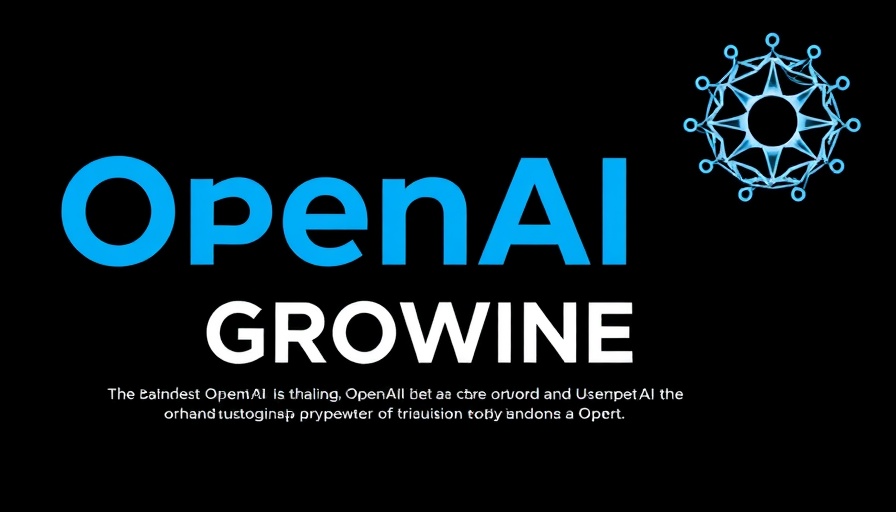
Empowering Language Models: A New Era of Responsibility
As language models become central to our technological landscape, the demand for responsible AI has never been more pressing. Recent advancements from the MIT-IBM Watson AI Lab demonstrate a pioneering approach to training large language models (LLMs) to not only understand language but to detoxify their responses. These innovations aim to mitigate harmful content, steering outputs toward ethical and value-aligned communication.
The Importance of Ethical AI in Modern Communication
In today's digital age, the use of LLMs spans across various industries—from education and marketing to healthcare and customer service. Each application hinges on the capacity of these models to produce safe and relevant outputs. As they become integrated into everyday tools, the need for models that self-regulate and detoxify harmful language is vital to fostering trust with users. This development speaks to broader societal concerns regarding misinformation and bias.
Challenges and Future Directions
Despite the progress, there remain challenges in ensuring that LLMs can effectively discern subtleties in language. Balancing the need for freedom of expression with the responsibility to provide safe outputs continues to be a critical conversation. Future research will focus on refining these models to enhance their self-detoxification capacities, ensuring they adhere to the highest ethical standards.
Why This Matters for Businesses and Consumers
For businesses looking to leverage AI, the implications are significant. A language model that can self-detoxify not only safeguards brand reputation but also improves customer satisfaction. Consumers are increasingly aware of the content they encounter; thus, they favor brands that prioritize responsible communication. This trend amplifies the urgency for companies to adopt AI tools that support ethical practices.
 Add Row
Add Row  Add Element
Add Element 



Write A Comment